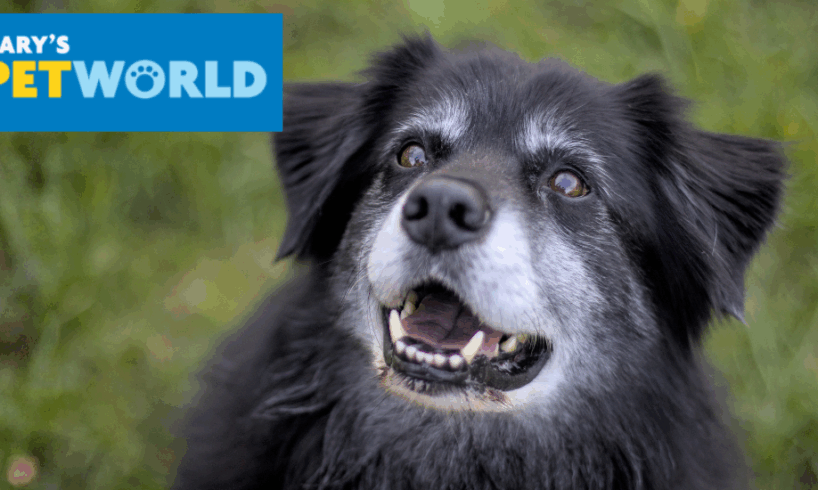
As dogs grow older, the question of when to transition to senior dog food becomes crucial for maintaining their health and quality of life.
Many pet owners wonder if and when it’s necessary, and what benefits a switch to senior-formulated diets truly brings.
Understanding Seniorhood in Dogs
When is a dog considered “senior”?
A dog’s transition into their senior years largely depends on breed and size:
Small breeds (under 10kg): Senior at 10–12 years old.
Medium breeds (11–25kg): Senior at 8–10 years old.
Large and giant breeds (over 26kg): May be considered senior from 6–8 years old.
Because larger breeds age more quickly, they reach senior status earlier than smaller dogs. However, each dog is unique, and signs of ageing can show up sooner or later.
Signs Your Dog May Need Senior Food
It’s not only about age; physical and behavioural changes indicate when a dietary adjustment might be needed. Signs include:
Slowed activity or stamina: Your dog gets tired more easily on walks or needs more naps.
Noticeable weight gain or loss: Unexplained changes, even without alterations to diet or activity.
Stiffness, limping or reluctance to move: Signs of joint pain or arthritis.
Dull coat or changes in appetite: Nutritional needs may be shifting.
If you notice these changes, it’s a good moment to consult your vet about transitioning to a senior diet.
Why Senior Dog Food is Beneficial
Senior dog foods aren’t just marketing – they’re formulated specifically to help ageing dogs thrive by:
Supporting joint health: Added glucosamine and chondroitin help keep stiff joints more mobile.
Managing calories and weight: Older dogs are usually less active, so senior foods provide fewer calories to reduce the risk of obesity.
Maintaining muscle: High-quality, easily digestible proteins help preserve muscle mass as metabolism slows.
Boosting digestive and immune health: More fiber encourages regular digestion, while antioxidants help fortify their immune system.
Caring for skin and coat: Essential fatty acids like omega-3 and omega-6 keep fur shiny and skin healthy.
Assisting dental health: Senior kibble may be softer or specially shaped to account for dental sensitivities.
By changing nutrient profiles, senior foods help protect organs, joints, and mental sharpness, making the ageing process more comfortable and healthier.
When to Make the Switch
Generally, you should consider switching your dog to a senior formula around the age they are considered senior for their size and breed—often around seven years for medium breeds, earlier for giants, later for small breeds. However, it’s best to talk to your vet, who can factor in your dog’s overall health, history, and lifestyle. Transition their food slowly (over 7–10 days) to prevent digestive upset.
Essentials for Senior Dogs
To support your ageing companion as they transition, consider these essentials:
Switch to a senior-specific dog food appropriate for size and breed.
Provide joint supplements if recommended.
Invest in an orthopedic bed for comfort and joint health.
Maintain a routine of gentle exercise and mental enrichment.
Ensure fresh water is accessible at all times.
Use non-slip mats in your home.
Brush teeth daily and offer senior dental chews.
Schedule regular veterinary check-ups and keep an eye on weight, appetite, and behaviour.
By proactively adjusting your dog’s diet and routine in their senior years, you give your loyal friend the best chance for continued vitality and happiness.
Find tailored nutrition for ageing dogs on: https://www.petworld.ie/collections/senior





